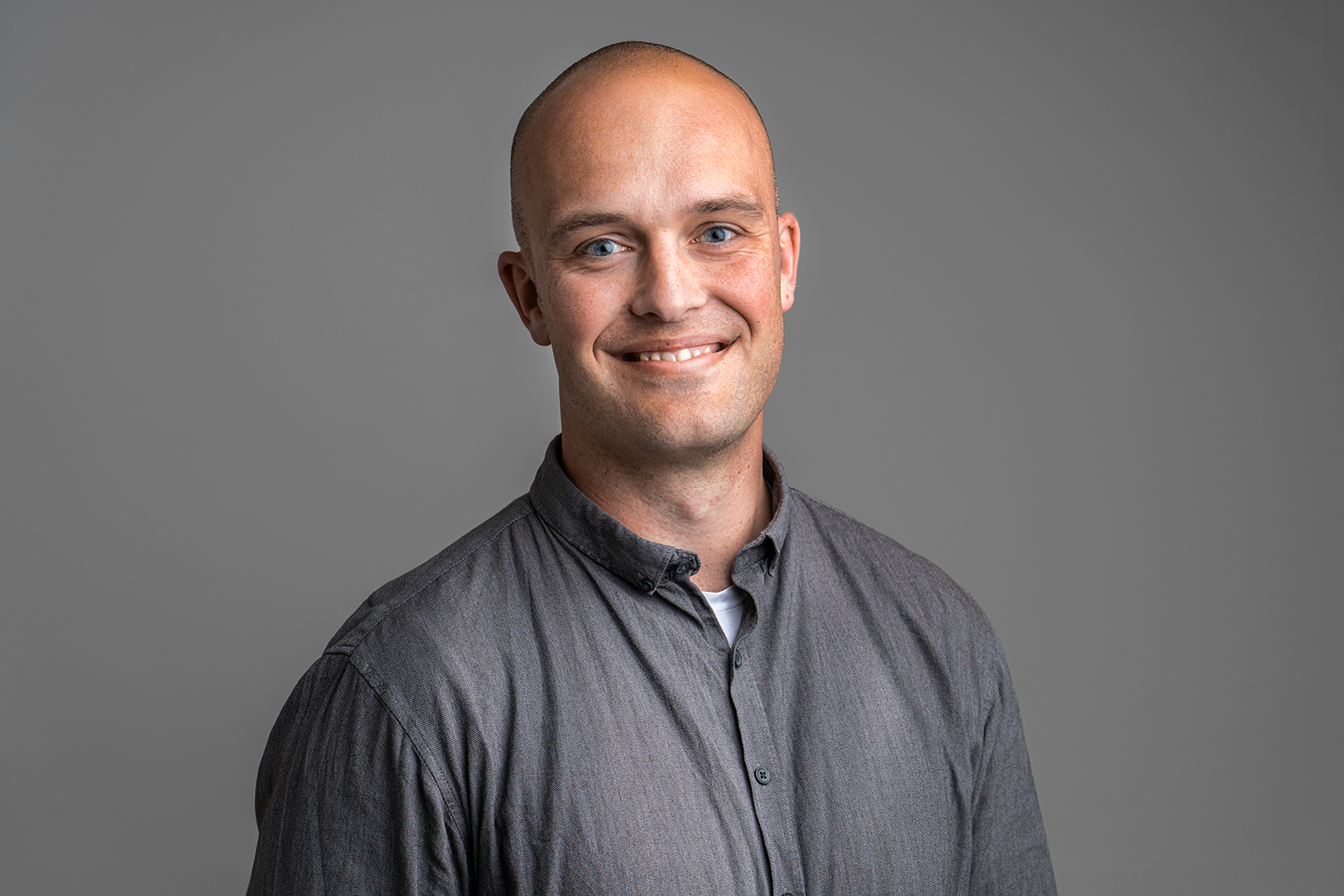Christian Damsgaard
Research leader

Project title
Resilience to Oxygen Deprivation from a Bird’s Eye Perspective
What is your project about?
Nerve cells depend on a constant supply of oxygen and nutrients from the blood and typically die within minutes if the blood supply is interrupted. However, the light-absorbing retina of birds lacks inner blood vessels and is expected to function with low oxygen supply throughout life. This research project will investigate how the avian retina is able to maintain its function under low-oxygen conditions. First, the project will examine how retinal cells can produce energy without oxygen - something that is normally not possible for nerve cells. Next, it will explore how the retina ensures a stable supply of nutrients and removal of waste products despite lacking blood vessels. Finally, the project will map how retinal cells regulate their internal pH levels, which would otherwise typically decrease under low-oxygen conditions.
How did you become interested in your particular field of research?
My interest in zoology and physiology has always been both personal and professional, and it was significantly strengthened during my biology and PhD studies, where I specialized in animal physiology. I became particularly fascinated by how animals living under extreme conditions can absorb oxygen from their environment and deliver it to their tissues - a process essential to all life. The retina is a particularly interesting model tissue in this context, as it functions with reduced blood flow in certain animals. In the Sapere Aude project, I will investigate the complex avian retina, which functions entirely without inner blood vessels and can therefore offer unique insights into how nerve cells operate under extreme physiological conditions.
What are the scientific challenges and perspectives in your project?
In this project, we will investigate how cells generate energy and exchange nutrients and waste products with neighboring cells. To map these processes, we need to develop methods to isolate specific cell types and measure how the cells take up nutrients, convert them into energy, and eliminate the remaining waste products. By mapping these processes in the cells of the avian retina, we can gain new insight into how cells can develop tolerance to limited oxygen and nutrient supply - a fundamental constraint on the function of all tissues.
What is your estimate of the impact, which your project may have to society in the long term?
A range of cardiovascular diseases leads to insufficient delivery of oxygen and nutrients, which can ultimately result in cell death. The results from this project will provide new insight into how nature has solved the physiological challenges associated with oxygen and nutrient deprivation. This knowledge may eventually contribute to the development of new treatment strategies for cardiovascular diseases in humans.
Which impact do you expect the Sapere Aude programme will have on your career as a researcher?
The Sapere Aude: DFF-Research Leader-grant provides me with the resources to expand my research group within my independent research area, where we aim to gain new insights into how cells can tolerate oxygen deprivation. In addition, the grant offers me the opportunity to strengthen my skills in research group leadership, which will have a significant positive impact on the further development of my career.
View all research leaders here
Research institution
Aarhus University
Research field
Physiology
City of your current residence
Syddjurs
High school
Viby Gymnasium
